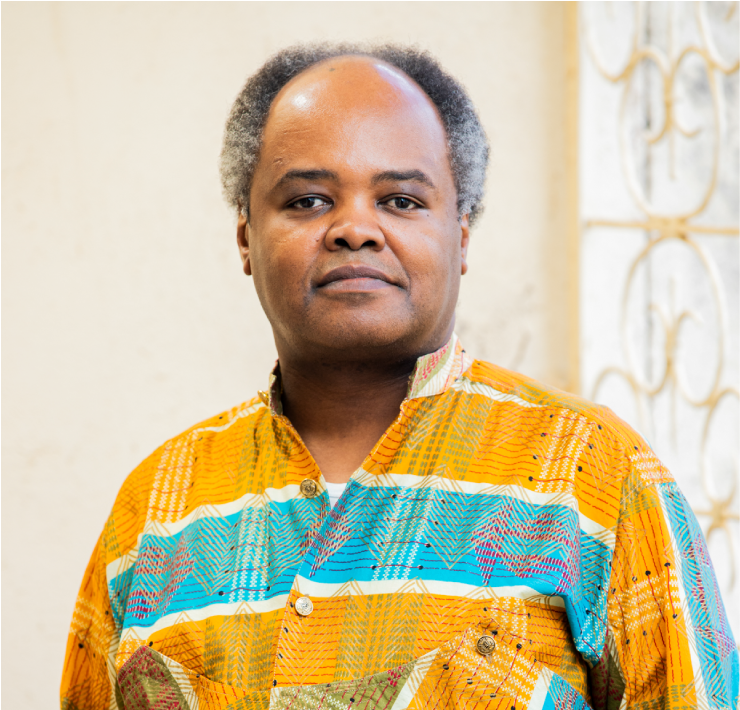Within weeks of President William Ruto taking office, there were reports of the police being demoralised, disaffected and demotivated. One newspaper reported that this disaffection led the people in blue to carry out a “go-slow”.
The Star, in a November 7 story quoted unnamed police officers who said they were on a go-slow to protest the bad publicity the police had been receiving. They did not like it that the police were accused of being involved in extrajudicial killings. They did not like being investigated by the Independent Policing Oversight Authority (IPOA).
A separate story in the Daily Nation said the paper had been unable to confirm reports of a go-slow in the police. The November 14 Daily Nation story did, however, echo the claims that the police were demoralised and feared being victimised as they went about their assignments.
These stories were published as the National Police Service was going through several transitions. A new Inspector General of Police was sworn-in on November 11. A new Director of Criminal Investigations had only been in office for about a month after being sworn-in on October 19.
Most significantly, the National Police Service had a new commander-in-chief following Ruto’s swearing-in as Kenya’s fifth president on September 13. And the second major statement the new Commander-in-Chief made about the police, on October 20, was to condemn its involvement in extra-judicial killings and the disappearance of civilians. Days before his Mashujaa Day speech on extrajudicial killings, Ruto had ordered the disbandment of a unit of detectives believed to be involved in some of those extra-judicial killings.
But almost two months after Ruto’s Mashujaa Day speech, the Cabinet Secretary responsible for internal security and the Inspector General of Police wondered what the police were expected to do when threatened by an armed individual. This seemed to be a continuation of the grievances the police had told journalists earlier. Both Cabinet Secretary Kithure Kindiki and IG Japheth Koome said such an officer had the right to shoot in self-defence.
Kindiki and Koome were stating the obvious. A police officer does have the right to self-defence, within reason. The problem is the police are known to expand what self-defence means. And from the comments of Kindiki and Koome on December 16, they are not happy that IPOA has or is investigating killings that police claim happened in self-defence. Not to be left behind, Deputy President Rigathi Gachagua reiterated what Kindiki and Koome had said on the issue of the police and self-defence.
Unfortunately, we have regularly seen what the police have initially presented as a case of self-defence or justifiable use of force turn out to be an extrajudicial killing. The most high-profile example of this to date in the Ruto administration is the October 23 police killing of Pakistani journalist Arshad Sharif.
Initially, the police said Sharif was killed because the vehicle he was in did not stop at a roadblock the police had set up. The police went further in that initial report to say that the vehicle Ashraf was in had a licence plate that matched that of a vehicle a distraught father who had reported his child was kidnapped in. The police described Sharif’s killing as “mistaken identity”.
When the initial police story generated disbelief and raised questions about why the police shot at Sharif’s car, then an additional detail was provided that shots were fired from the car Sharif was in, the implication being the police at the roadblock were defending themselves.
A lot of questions remained unanswered about Sharif’s killing but it is clear that the culture of extrajudicial killings by the police is entrenched.
More than a decade ago, the government came under a lot of pressure to deal with the issue of extrajudicial killings by the police. To take some of the heat off, the government formed a task force to address the fact that no police officer had been held to account for any of the extrajudicial killings. The task force also had a mandate to look into all aspects of policing.
The result was what is commonly referred to as the Ransley Task Force report, named after the retired judge who chaired the task force. The report was submitted in October 2009. The creation of IPOA was one of the more than 200 recommendations the task force made.
To show how entrenched the culture of extrajudicial killings is, Ruto is the third president to have to confront the issue since the Ransley Task Force report was adopted by the Cabinet in 2009. Koome is the fourth police chief to have this “file” on his desk. Amin Mohamed Ibrahim is the third DCI to have officers under his direct command implicated in extrajudicial killings.
Speaking to a panel of journalists on January 4, Ruto said he does not see the need to form a commission of inquiry to investigate cases of extrajudicial killings. His argument is that it is the work of IPOA and he will see to it they get the funding they need to carry out more investigations.
To deal with the entrenched culture of extrajudicial killings, Ruto can do more than put more money into investigations. He can also direct his government to fully implement the Ransley Task Force report. A significant number of its more than 200 recommendations are yet to be implemented.

